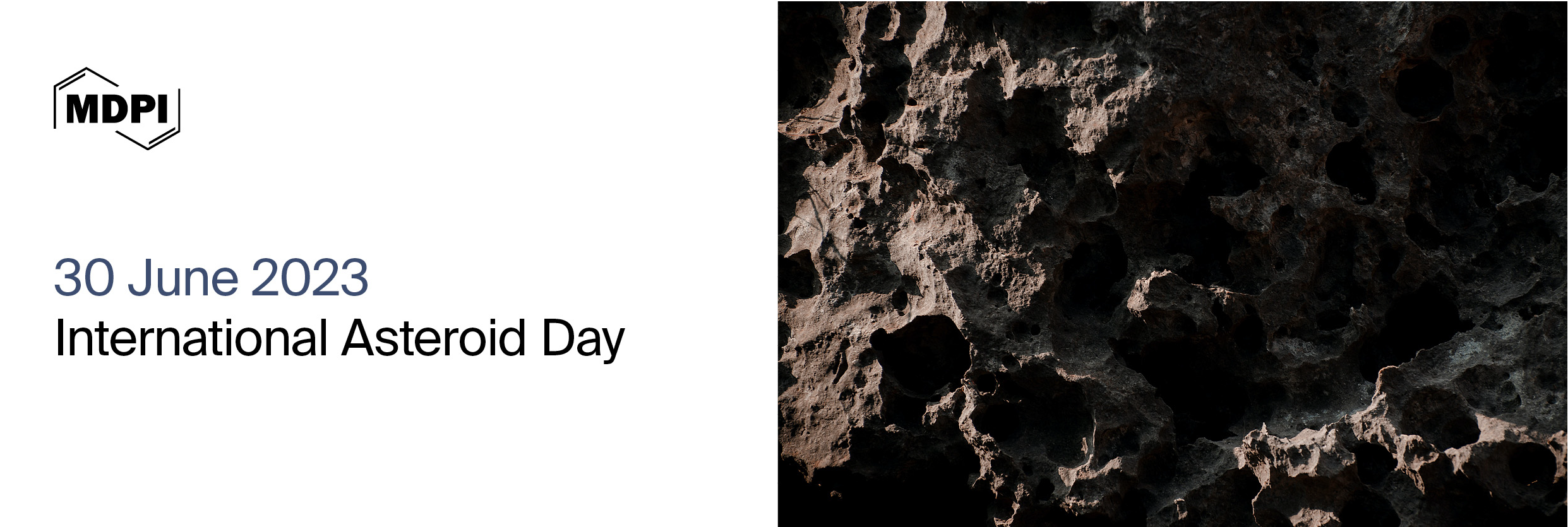You are accessing a machine-readable page. In order to be human-readable, please install an RSS reader.
All articles published by MDPI are made immediately available worldwide under an open access license. No special permission is required to reuse all or part of the article published by MDPI, including figures and tables. For articles published under an open access Creative Common CC BY license, any part of the article may be reused without permission provided that the original article is clearly cited. For more information, please refer to https://www.mdpi.com/openaccess.
Feature papers represent the most advanced research with significant potential for high impact in the field. A Feature Paper should be a substantial original Article that involves several techniques or approaches, provides an outlook for future research directions and describes possible research applications.
Feature papers are submitted upon individual invitation or recommendation by the scientific editors and must receive positive feedback from the reviewers.
Editor’s Choice articles are based on recommendations by the scientific editors of MDPI journals from around the world. Editors select a small number of articles recently published in the journal that they believe will be particularly interesting to readers, or important in the respective research area. The aim is to provide a snapshot of some of the most exciting work published in the various research areas of the journal.
Original Submission Date Received: .

International Asteroid Day is observed annually on 30 June to mark the date of Earth’s largest asteroid impact in recorded history, the Siberia Tunguska event. It was established by the United Nations in 2016 to increase public awareness of the risk of an asteroid impact and to inform the public about crisis communication actions to be taken at the global level in the event of a credible NEO threat.
To further explore the related research on the 2023 International Asteroid Day, we have gathered open access academic articles on the topic of asteroids. We hope to share the up-to-date scientific knowledge in the field of asteroids with the world on this special day.

|
|
|

“Applied Trajectory Design for CubeSat Close-Proximity Operations around Asteroids: The Milani Case”
by Claudio Bottiglieri, Felice Piccolo, Carmine Giordano, Fabio Ferrari and Francesco Topputo
Aerospace 2023, 10(5), 464; https://doi.org/10.3390/aerospace10050464
“Fitting Power Spectrum of Scalar Perturbations for Primordial Black Hole Production during Inflation”
by Daniel Frolovsky and Sergei V. Ketov
Astronomy 2023, 2(1), 47-57; https://doi.org/10.3390/astronomy2010005
“Avoiding the “Great Filter”: A Projected Timeframe for Human Expansion Off-World”
by Jonathan H. Jiang, Philip E. Rosen and Kristen A. Fahy
Galaxies 2021, 9(3), 53; https://doi.org/10.3390/galaxies9030053
“History of the Terminal Cataclysm Paradigm: Epistemology of a Planetary Bombardment That Never (?) Happened”
by William K. Hartmann
Geosciences 2019, 9(7), 285; https://doi.org/10.3390/geosciences9070285
“Small All-Range Lidar for Asteroid and Comet Core Missions”
by Xiaoli Sun, Daniel R. Cremons, Erwan Mazarico, Guangning Yang, James B. Abshire, David E. Smith, Maria T. Zuber, Mark Storm, Nigel Martin, Jacob Hwang et al.
Sensors 2021, 21(9), 3081; https://doi.org/10.3390/s21093081
“Trajectories Derived from Periodic Orbits around the Lagrangian Point L1 and Lunar Swing-Bys: Application in Transfers to Near-Earth Asteroids”
by Rebeca S. Ribeiro, Cristiano F. de Melo and Antônio F. B. A. Prado
Symmetry 2022, 14(6), 1132; https://doi.org/10.3390/sym14061132
“Capture in Regime of a Trapped Motion with Further Inelastic Collision for Finite-Sized Asteroid in ER3BP”
by Sergey Ershkov, Dmytro Leshchenko and Alla Rachinskaya
Symmetry 2022, 14(8), 1548; https://doi.org/10.3390/sym14081548
“New Tools for the Optimized Follow-Up of Imminent Impactors”
by Maddalena Mochi and Giacomo Tommei
Universe 2021, 7(1), 10; https://doi.org/10.3390/universe7010010
“Near-Earth Asteroid Capture via Using Lunar Flyby plus Earth Aerobraking”
by Yirui Wang and Mingtao Li
Universe 2021, 7(9), 316; https://doi.org/10.3390/universe7090316
“Short-Term Consequences of Asteroid Impacts into the Ocean: A Portuguese Case Study”
by Renato H. Morais, Luís F. F. M. Santos, André R. R. Silva and Rui Melicio
Universe 2022, 8(5), 279; https://doi.org/10.3390/universe8050279

|
Special Issue: “Space Missions to Small Bodies: Results and Future Activities” |
Special Issue: “Feature Papers in the Astronomical Sciences” |
|
Special Issue: “Terrestrial Meteorite Impacts and Impact Cratering” |
Special Issue: “Advances in Entry, Descent, and Landing (EDL) for Planetary Exploration” |

